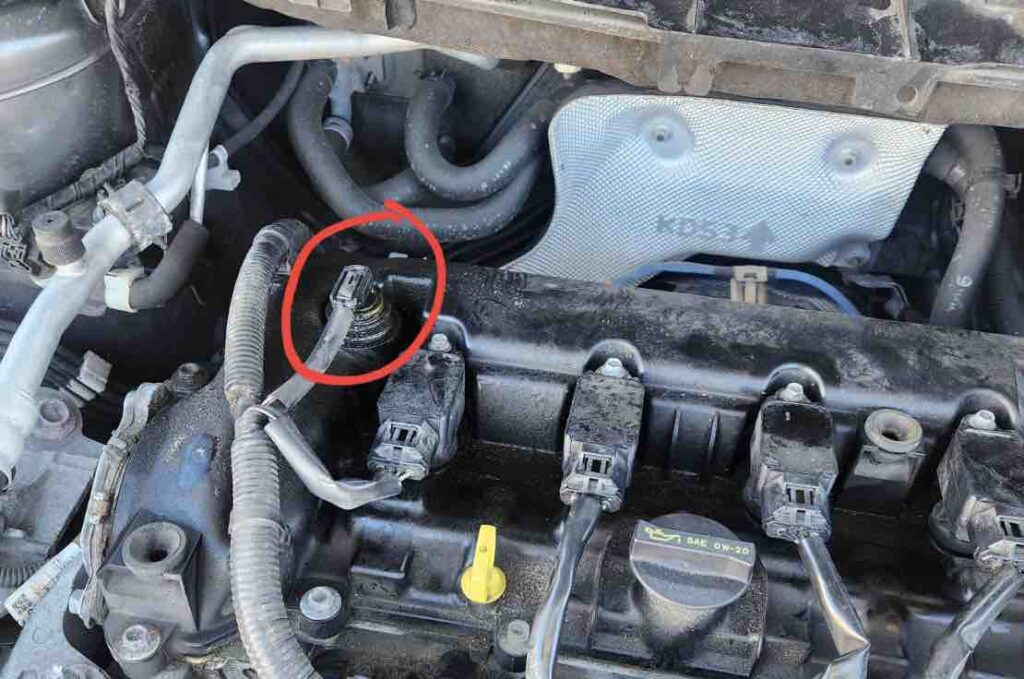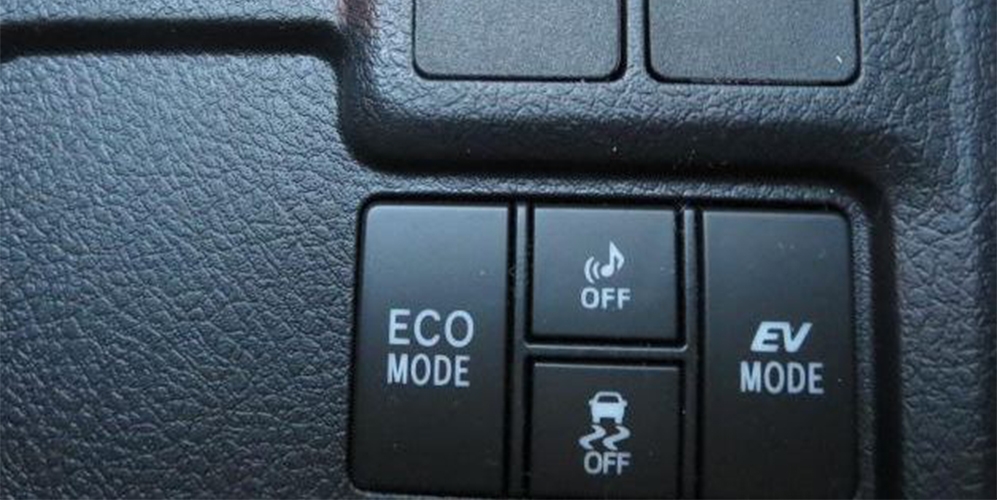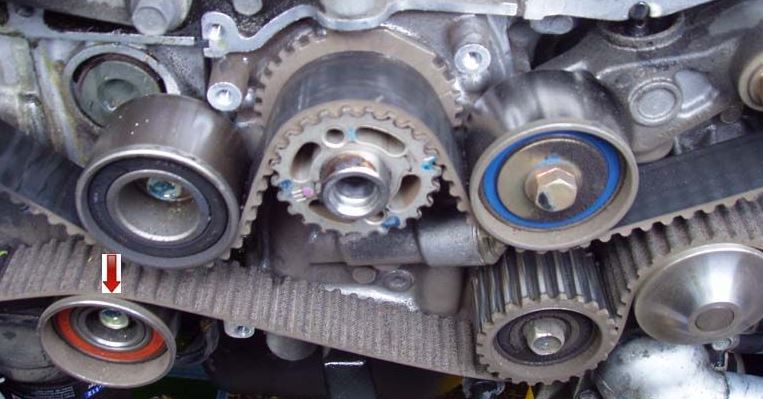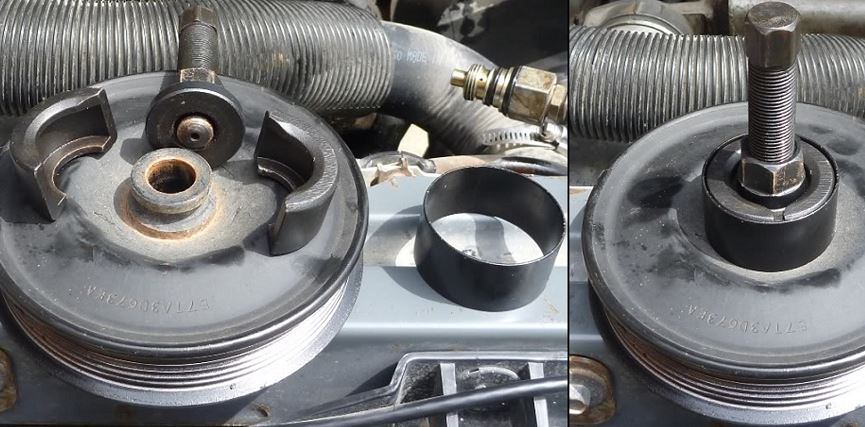Last updated on July 11th, 2023 at 09:25 pm
Have you ever noticed a misfiring cylinder, maybe you are driving and you notice that your car shaking and sometimes sputtering when you’re driving. This problem usually means that there is an issue with your car cylinders which will lead to misfiring cylinders. This might sound like a hard thing to understand, but it’s actually a common issue that many cars face. The causes of misfiring cylinders can be different for every car and can be hard to figure out.
In this article, we’re going to talk about the causes of cylinder misfires and some common misfiring cylinder symptoms to look out for so you know. So before we delve right in let’s look at the what is meaning of a misfiring cylinder and what are the symptoms of the P0305 code.

What does it mean to have a Misfiring Cylinder?
A misfiring cylinder occurs when an insufficient amount of fuel is combusting or burning in a cylinder. The proper combustion of fuel is responsible for providing the required energy to power the engine. The code P0305 can be used to describe a misfire from one or more cylinders. Now let’s look at some of the causes of a Misfiring Cylinder. So what is the most common cause of a cylinder misfire?
What are the symptoms of the P0305 code?
For you to know how to diagnose cylinder 5 misfire issues for BMW, you should know the signs and symptoms related to this condition. Some symptoms of P0305 include:
- The Check Engine Light will lit up and the code will be set in ECM memory.
- The Check Engine Light may flash during misfiring signifying catalyst damage may occur if the issue is not fixed.
- The engine will have a misfire causing a jerk and a rough idle.
- When the misfire is active, the engine may lack power during acceleration.
What causes the P0305 code in BMW?
This issue can be caused by a number of factors including:
- The spark plug is not firing for cylinder number 5 due to cracks in the insulation.
- The ignition coil for cylinder number 5 is no longer firing.
- The cylinder 5 spark plug wire is leaking the ignition spark to the ground.
- The cover of the valve is leaking oil into the spark plug holes and shorting the spark plug firing for cylinder 5.
Causes of Misfiring Cylinders
A cylinder misfire can be caused by many reasons, some may include:
- Worn out spark plugs
- spark plug wires
- faulty ignition system
- fuel system
- internal engine failure
Cylinder misfires can be caused by a variety of factors that impact the engine’s proper operation. Here are some common causes:

Worn-out Spark Plugs:
Spark plugs are essential for igniting the air-fuel mixture inside a combustion chamber, but over time they may wear out or become fouled, leading to weak or inconsistent sparks that could result in a misfire.
Damaged Spark Plug Wires:
Spark plug wires transfer electrical current from the ignition coil to the spark plugs, and if these become damaged or corroded, it could result in either a weak spark or no spark at all – leading to a cylinder misfire.
Faulty Ignition System:
The ignition system, composed of components such as ignition coils, distributors and control modules, plays an essential role in producing and dispersing the spark necessary for combustion. If any one of these elements malfunction or fail, it could result in a misfire
Fuel System Issues:
Accurate fuel delivery is key for efficient combustion. A clogged injector, malfunctioning pump, or malfunctioning pressure regulator can create an incorrect air-fuel mixture and lead to a misfire
Internal Engine Failure:
Mechanical issues within the engine, such as worn piston rings, damaged valves or cylinder walls can result in loss of compression or poor combustion resulting in misfire.
Vacuum Leaks:
Vacuum leaks can create an imbalance in the air-fuel mixture, leading to a lean condition and potentially misfiring. Vacuum leaks can occur in various places within an engine such as intake manifold gaskets, vacuum hoses, and throttle body gaskets
Ignition Timing Issues:
Improper ignition timing can lead to a misfire. This could be caused by an issue with one of several sensors, such as the crankshaft position sensor or camshaft position sensor, or it may be related to an issue with the engine control module [1].
Exhaust Gas Recirculation (EGR) System Issues:
An inadequate EGR system can lead to poor combustion and misfires due to a clogged EGR valve, leaky EGR cooler, or damaged control solenoid.A P0300 issue should be fixed immediately because driving your car in this condition could cause major damage to your engine.
Misfiring cylinder symptoms
Misfiring cylinders can present various signs, affecting performance and driving experience. Here are some common indications, signs, or symptoms associated with an incorrect and misfiring cylinder:Rough Idle:
A misfiring cylinder can cause the engine to idle rough or shake, as it fails to contribute power to the overall system resulting in an imbalance.
Decreased Power and Acceleration:
A misfire can cause a noticeable loss of power and reduced acceleration, as the engine is unable to generate sufficient output due to a malfunctioning cylinder
Check Engine Light:
The Check Engine Light may illuminate or flash when the engine control module (ECM) detects a misfire. A flashing Check Engine Light usually signals an urgent situation that could potentially damage the catalytic converter if not addressed promptly
Poor Fuel Economy:
A misfiring cylinder can negatively impact a vehicle’s fuel economy, as the engine must work harder to make up for lost power from that faulty cylinder, resulting in increased consumption.
Engine Stalling or Hesitation
Misfiring cylinders can cause the engine to stall or hesitate, especially during acceleration as it struggles to maintain adequate power and smooth operation
Unusual Noises:
Misfires can produce abnormal sounds from the engine, such as knocking, rattling or popping noises when combustion becomes irregular and inconsistent
Excessive Exhaust Emissions:
A misfiring cylinder can result in excessive exhaust emissions, as unburned fuel from the faulty cylinder may be expelled through the exhaust system, producing a strong smell of gasoline and potentially hazardous emissions
so those are the most regular misfiring cylinder symptoms but can you drive with a misfire?
In summary, understanding the causes and symptoms of misfiring cylinders are extremely valuable pieces of knowledge to have when caring for our vehicles. Cylinders that misfire can make our car shake violently when running normally – potentially terrifying!
But once we recognize what’s going on we can seek professional assistance or fix the issue ourselves to extend its longevity – so when your next time your vehicle doesn’t function as intended remember what you learned here: it could very well be caused by misfired cylinders! When your next car doesn’t operate right or seems slowing down remember what you learned here… and know exactly what steps to take.”

Uchenna is a Radiographer and Auto parts mechanic who recently got his automotive diploma as an auto repair technician, and since then, has worked on fixing various car problems.
Working as just a radiographer, Uchenna didn’t just get all the fulfillment he desired, because he truly loved doing things tilted toward cars. As a kid, he would take apart his toy cars to see how they worked and would spend hours tinkering with his bike.
So, in 2017 he made the tough decision to become an auto mechanic. He threw himself into his studies and now loves every aspect of what he does.
He gets to work with his hands, solving problems and bringing cars back to life, and sharing his knowledge and easy quick-fix guide online are all part of what makes him feel fulfilled.




